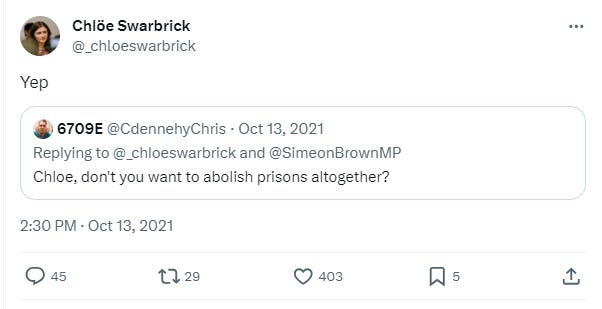What's good for the goose is bad for the gander
Why are some controversial politician stances interrogated but not others?
Unpopular stances held by politicians can come under intense scrutiny. Sometimes.
Consider Christopher Luxon's pro-life position on abortion. Under repeat questioning, he painted himself into a corner by saying that the termination of a pregnancy is tantamount to murder, which is not the pro-life position. This sparked relentless questioning by the media and the controversy is still cited by his enemies today.
Such scrutiny isn't unwarranted. After all, Luxon's view is not a popular one, which I say as someone who is staunchly pro-life myself.
The media's role, among others, is to dissect controversial positions, especially those held by political leaders, and to hold them accountable for their views. That often involves the initial posing of the controversial subject then followed by probing supplemental questions and attempts to push them into difficult positions. This allows news consumers to make informed judgments about the consistency and sincerity of the politician’s views.
So far, so good.
However, what is very notable is the apparent asymmetry in the treatment of unpopular politico-ideological positions. Right-leaning stances like Luxon's are rigorously grilled. Equally if not more unpopular leftist positions, however, usually escape intense scrutiny.
Consider the case of Chloe Swarbrick, who is on the cusp of becoming the co-leader of the Green Party. Swarbrick has, in the past, voiced her support for prison abolition – not simply reform to make prisons more humane – but complete abolition. No more prisons, even for those convicted of terrible crimes.
Keep reading with a 7-day free trial
Subscribe to The Blue Review w/ Liam Hehir to keep reading this post and get 7 days of free access to the full post archives.






